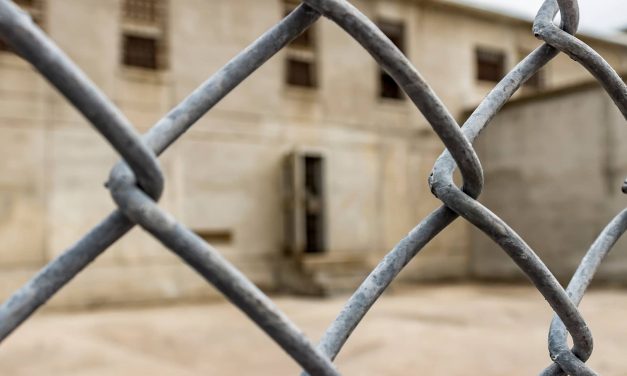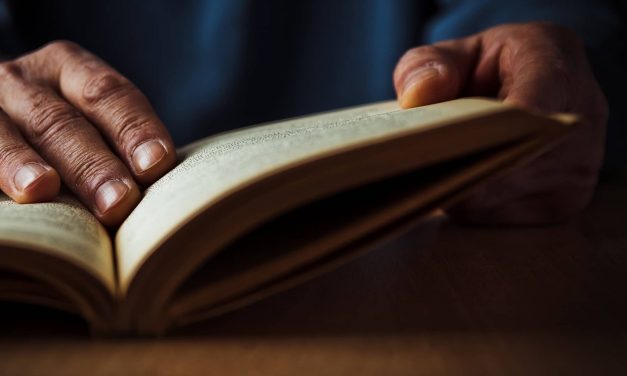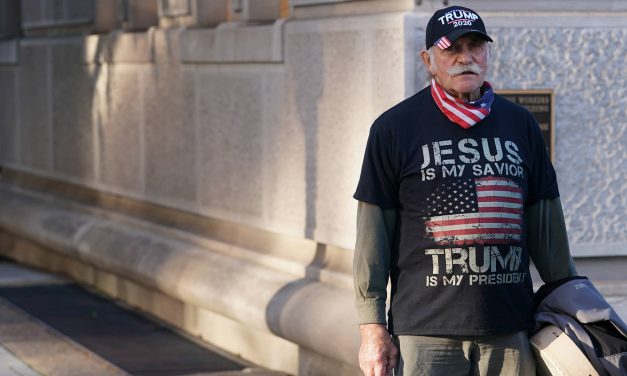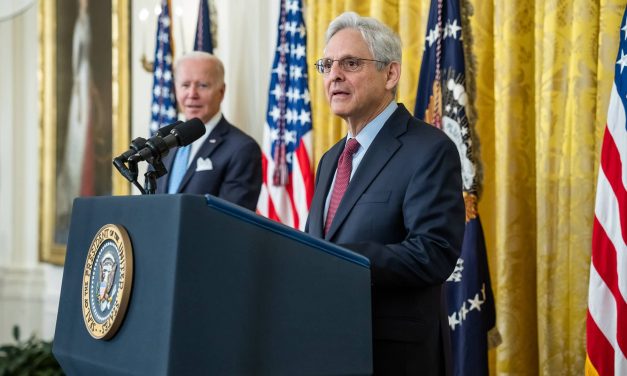Locked Away: Why the system of solitary confinement is dehumanizing and breeds racial resentment
By Angela Hattery, Professor of Women & Gender Studies/Co-Director, Center for the Study & Prevention of Gender-Based Violence, University of Delaware; Earl Smith, Professor of Women and Gender Studies, University of Delaware The United States leads the world in its use of solitary confinement, locking away in isolation more of its population than any other country. Every day, up to 48,000 inmates – or around 4% of the incarcerated population – are locked in some form of solitary confinement in detention centers, jails and prisons across the United States Some spend months – or even years – at a...
Read More















